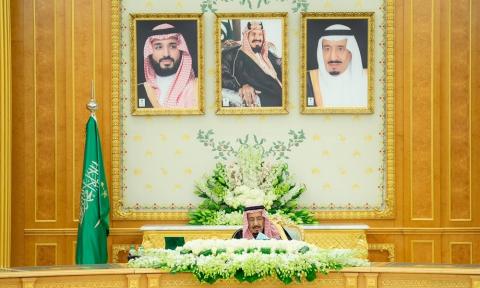
“We did not need a new international conference such as the Berlin Conference to be reminded of the crises in our country and the pursuit of a solution. We understood years ago that everybody is looking out for their own interests and that nobody cares for our people. Everybody is turning a blind eye to the continuation of a war that won’t only destroy the economy but the state in its entirety.” These were the words that Ghada Sayyed (pseudonym), a student at a Libyan university, used to describe the last Berlin Conference’s inability to revive hope in a near solution to the current Libyan scene.
Activist and Libyan political analyst, Mohammad Saleh Gebrael sees that there is a “large section of Libyans who believe in the necessity of a military solution through the National army in its battle to liberate the capital from the grip of armed militias,” adding that “the military solution will be the key to the resolution of the real crisis, especially that most Libyans appreciate the National Army’s role in liberating important and major cities such as Benghazi and Derna from terrorist groups. Everybody is comparing the militias’ chaos in the capital and the state of institutions and law in the East and South. Now the Army is seen as a savior from proxy wars and the mazes of politics, negotiations, and external political solutions that nobody believes in anymore.”
Dr. Hanan al-Shareef, President of the Libyan League for Human Rights, has not relied much on the possibility that political solutions based on the recommendations of international conferences on Libya would lead to a serious and quick solution. She explains her suspicion by the absence of neutrality and the predominance of a language of interest in those conferences.
Brigadier-General Salih Rajab, President of the Libyan Tribal Council, also pointed out that “Libyans have lost trust in international conferences and their outcomes to change the reality of their country.” Rajab, former Minister of Interior under Gaddafi explained in an exclusive statement to Asharq Al-Awsat that “everybody is focusing on a military solution, as evidenced by the unanimous decision by the chiefs of tribes on the necessity of closing down oil and gas fields despite everybody in the East being economically harmed by that. We want to deliver a message to the world that we support the Libyan Army in its fight against terror. The revenues from oil are expended in the interests of the militias.”
Brigadier-General Khaled Al-Mahjoub, head of the Libyan National Army’s Doctrine Command Department, agrees, saying, “Any solution that can be reached politically by the Berlin Conference is but a part of the outcomes of the military solution the army is achieving.” He tells Asharq Al-Awsat that “When the militias in the West came near to economic and political collapse, talks of political solutions began after they had strongly rejected it.” He adds, “The language has now changed, and the calculations have also changed in West Libya.”
Maazab tells Asharq Al-Awsat: “unfortunately, the outcomes of the Berlin Conference were disappointing as neither side was forced to sit on a single negotiating table to reach a solution and issue a decision to end the battles. The Conference only formed committees such as a military committee and that enraged Libyans and made them feel that their country is up for international grabs.”












